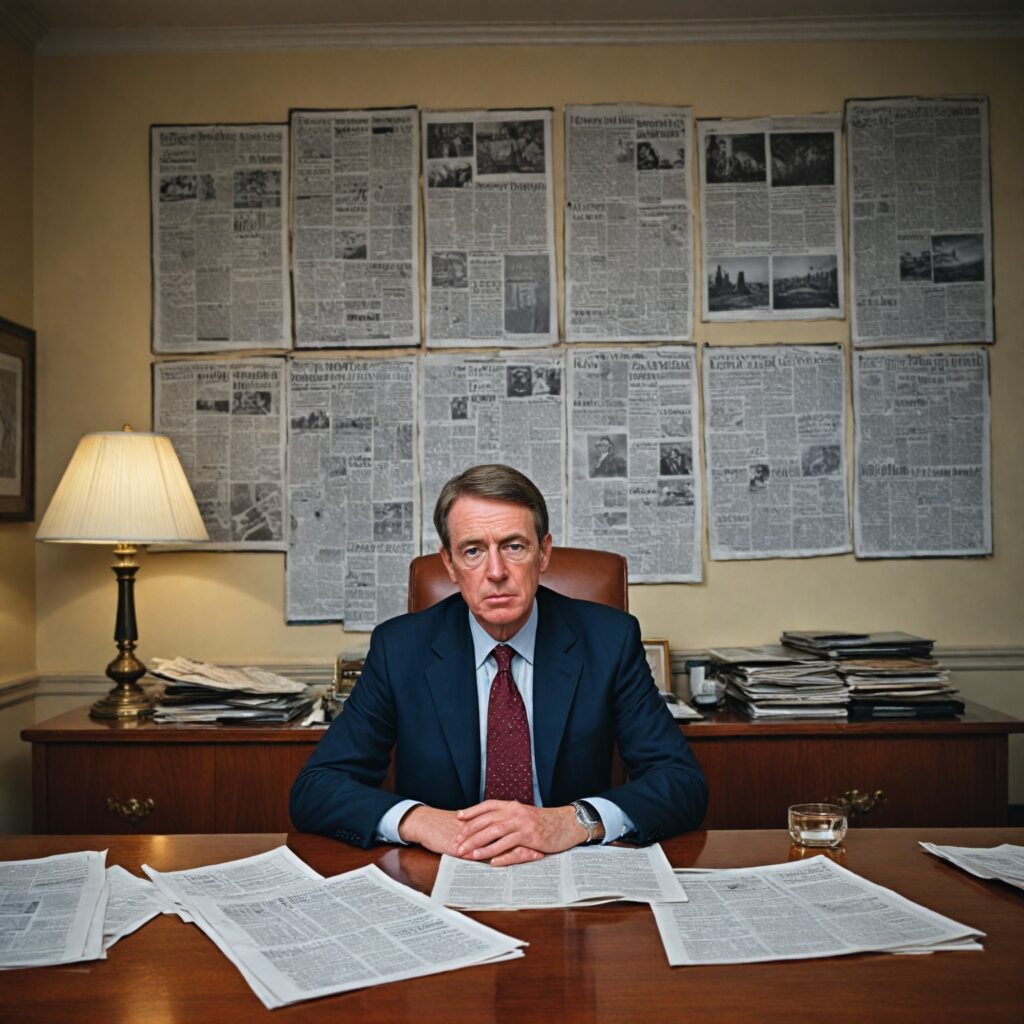
Kate Whannelpolitical reporter and
Nick Eardleypolitical correspondent
Highlights
- UK’s ambassador to the US, Lord Peter Mandelson, expects more “embarrassing” correspondence with Jeffrey Epstein to emerge.
- In newly released documents, Mandelson expressed regret for his association with Epstein, referring to the relationship as an “albatross.”
- The implications of Mandelson’s past ties to Epstein raise questions about the judgment of current political leaders, amid ongoing scrutiny.
Unraveling a Controversial Relationship
The relationship between Lord Peter Mandelson and Jeffrey Epstein has become a focal point in UK political discourse after the release of new documents by US lawmakers. As the UK’s ambassador to the United States, Mandelson’s past correspondence with the convicted sex offender has been brought to light, leading to a wave of scrutiny. The implications of such connections are profound, as they raise critical questions about ethical relationships and accountability in political circles.
Implications for Political Accountability
The recent revelations regarding Mandelson’s association with Epstein not only spotlight his questionable judgment but also prompt a larger discussion about the integrity of political figures who maintain ties to controversial individuals. In light of these developments, Prime Minister’s confidence in Mandelson faces challenges, notably as opposition leaders, including Sir Keir Starmer, prepare to question the appropriateness of such relationships in a modern political context.
Mandelson himself has articulated feelings of being deceived, stating he fell for Epstein’s “lies” and accepted the assurances made by him regarding the previous legal issues. As further documents are expected to surface, including potential embarrassing exchanges between Mandelson and Epstein, major political stakeholders will likely continue to face intense scrutiny regarding their past affiliations and the ethical implications they carry.
Looking Ahead
The unfolding narrative surrounding Lord Mandelson serves as a cautionary tale, reflecting on the broader implications facing politicians who may become increasingly intertwined with morally dubious figures. As the spotlight remains fixed on Mandelson’s past, a deeper reflection on political accountability and due diligence in personal associations is triggered, posing essential questions about the responsibilities of public figures.
In concluding this discourse, Mandelson’s regret underscores the importance of transparency and ethical decision-making in political offices. How will this situation influence future political appointments, and what measures can be implemented to prevent similar ethical dilemmas from arising in the future?
Thus, this situation not only invites an examination of Mandelson’s history but also challenges political leaders to uphold stringent ethical standards. As the ramifications unfold, what lessons can be drawn to strengthen accountability and integrity in politics?
Editorial content by Dakota Sullivan












